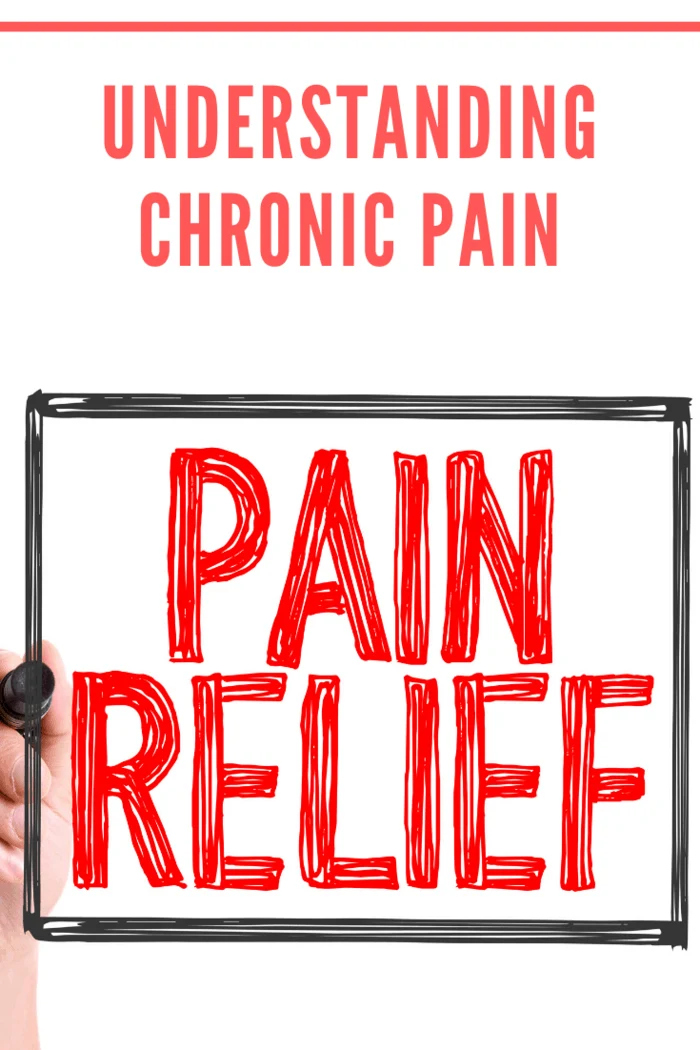Chronic Pain
Everyone experiences physical pain from time to time during their routine activities. You get sports injuries while playing football; you cut your hand while peeling an apple or hurt your hand while closing a door. However, the pain heals over a certain period, and life returns to normalcy.
However, specific pains persist over a more extended period and demand our attention to understand the root of the problem.
Chronic pain serves as a warning sign of a further complication to your body. The body has a defense mechanism that uses pain to demand attention.
Imagine if you placed your hand on fire and never felt pain? How many would have burnt hands? Imagine while slicing tomatoes, and you never felt hurt when you cut your finger? How many would not have fingers?
When you experience alarming lower back pain, it can help you understand the cause of your pain. They do more than guess where your pain emanates. They offer solutions to eradicate the pain or manage it to help you live an entire life. Chronic pain can affect the quality of your life and needs proper diagnosis and treatment immediately.

How Chronic Pain Occurs
Chronic pain may start like any other pain.
You injure yourself, and the nerves on the ailing part send signals to neighboring nerves that communicate the pain spasm to the brain through the nervous system.
The brain then informs you of the pain on the injured part, and you respond accordingly with immediate withdrawal of the affected region from danger.
The pain persists for as long as the threat remains. However, after healing, the pain goes away. Chronic pain may occur due to migraines, nerve damage, past injuries, and infections.
The affected area never healed and demands your attention to remedies.

Pain Manifestation
The final form of showing pain occurs around the affected area.
Types of pain experienced can be shooting, stinging, or throbbing pain.
It also comes with a dull ache, stiffness, or soreness that escalates mental imbalance.
Pain is a way for the body to communicate distress.
Therefore, it troubles the brain when you don’t resolve the pain. Continuous communication from the nerves to the brain and from the mind to you causes mental anguish and exhaustion.
The reoccurrence of the experience could lead you to a mental condition such as depression or irritation. Frustration sets in when constant calls to take action and the inability to understand the source of the disturbance.
Chronic pain often results in the use of antidepressants to try and manage the emotional toll from the frustration. The situation may aggravate further to cause sleep problems that compound the problem also due to higher stress levels.
High-stress levels make the pain more unbearable as the brain communicates the need to resolve the persistent issue. When chronic pain persists, ensure that you seek the help of a medical professional. The possible remedies include medication and physical therapy to ease the pain.
It could also involve making lifestyle changes such as sleeping patterns and reducing smoking and other drugs.

